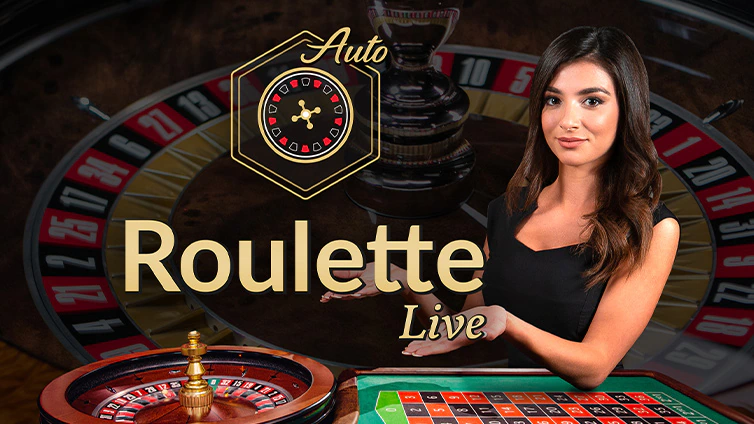It’s not exactly a secret anymore. Online live casinos have been quietly building a solid following in Bangladesh over the past few years. Maybe you’ve noticed it too—those casual conversations where someone mentions a “lucky spin last night” or a quick game of blackjack before bed. It’s not quite mainstream, but it’s not underground either. Just… there, somewhere in the middle.
Now, if you’re curious about live casinos—especially ones that deal in real money—you’re not alone. It’s tempting, right? The thrill of playing with real dealers in real time, the convenience of doing it all from your phone, and yes, the possibility (however uncertain) of walking away with more than you started with.
But let’s take a breath here.
Because as exciting as it sounds, live casino gaming in Bangladesh still sits in this strange legal and cultural gray zone. Technically, gambling is prohibited under the Public Gambling Act of 1867, which—let’s be honest—wasn’t exactly written with the internet in mind. But most of the popular platforms? They’re hosted overseas, beyond the reach of local enforcement. So people do play. Quietly. Often.
Is it legal? No. Is it happening anyway? Absolutely.

The Real Appeal of Live Casino Games
There’s something about live games that recorded slots just can’t match. Maybe it’s the interaction—the human faces, the cards being dealt in front of you, the sense that you’re actually part of something real.
It’s not just about trying to win money. Okay, it is about that, for some people. But for many, it’s also about feeling like you’re sitting at a table somewhere far away. A quick escape. A little rush. The kind you don’t really get from endlessly scrolling TikTok or watching Netflix in the background while you half-focus on your emails.
And when money is involved, that feeling only intensifies. Stakes matter. Suddenly, that hesitation before hitting “deal” feels like something weighty. Real.
But again—it’s not all glamor.
Risks You Can’t Really Ignore
This is the part where some people might start skimming. But hang on, it’s important.
Playing for real money means you can lose real money. That’s obvious, but somehow, when it’s all happening on a screen, it’s easy to forget. There’s no physical stack of bills shrinking in front of you. Just a balance going down. And maybe it doesn’t hit you until it’s gone.
Also—some platforms are better than others. And some are, frankly, sketchy. There are legit, licensed operators out there (often regulated by authorities in Malta, Curacao, or the UK), but not all sites care about being fair. It’s on you to choose wisely. Not everyone does.
One guy I knew tried to cash out a small win—like, maybe 80 USD—and just… never got the money. No replies, no refunds, nothing. Maybe he didn’t read the fine print, or maybe it was just a bad platform. Either way, that kind of thing sticks with you.
Payment Methods in Bangladesh: A Workaround Culture
Let’s talk logistics for a second.
Since most of these platforms aren’t officially recognized in Bangladesh, you won’t be able to use local bank cards directly in most cases. Players usually turn to e-wallets, cryptocurrencies, or even gift cards to deposit and withdraw.
It’s a workaround culture, really. You figure out what works. You test. You adapt. A few people I’ve spoken with use agents—middlemen who help load balances in exchange for bKash or Nagad transfers. It’s not exactly formal, but it works. Sometimes.
And yet, for all the friction, people keep doing it. There’s a demand. A quiet, persistent one.
So… Should You Try It?
That’s the tricky question. There’s no clear answer.
If you’re just looking for a bit of fun, maybe play with small amounts—something you’d spend on a meal or movie night. Something you can lose without losing sleep over. Don’t chase losses. Don’t let it become a habit that controls you.
And please—do your research. Read reviews, check if a platform is licensed, and walk away if anything feels off. Your gut is usually right, even online.
Maybe it’s not about finding the perfect platform or the surest win. Maybe it’s just about curiosity, and managing it with care.
